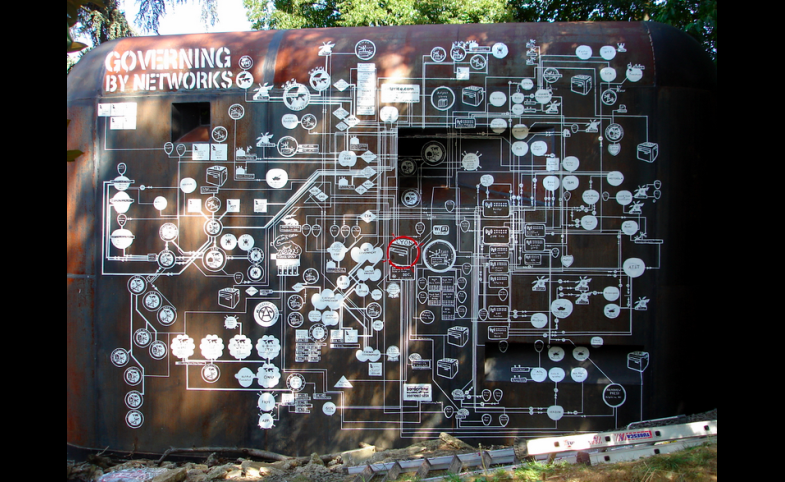The first 100+ days of the Trump Administration have engendered some new approaches to international relations, making this season of populist politics in the United States a confusing new chapter for diplomacy around the...
KEEP READINGThe CPD Blog is intended to stimulate dialog among scholars and practitioners from around the world in the public diplomacy sphere. The opinions represented here are the authors' own and do not necessarily reflect CPD's views. For blogger guidelines, click here.

PD Academic Research: Journalism & Mass Communication Scholars Consider Opportunities
Last week, for the first time ever, there was a panel dedicated to discussion of public diplomacy at the annual conference of the Association for Education in Journalism and Mass Communication (AEJMC). Held in Washington, DC the conference, and this panel in particular, offered an opportunity for scholars to talk about the emergence of public diplomacy as a subject of study in the discipline. The session was well attended and the audience was populated with both scholars and practitioners interested in advancing discussion about public diplomacy in both theoretical and applied contexts. The panel consisted of six scholars, each of whom offered a different perspective for the discussion.
Kathy Fitzpatrick of Florida International University set the tone with an introduction to the many ways public diplomacy is relevant to journalism and mass communication research. She offered an impressive list of the ways in which journalism and mass communication scholars can contribute to understanding about public diplomacy: international broadcasting, ethics, culture, politics, publics, branding, history, strategy, measurement, propaganda, persuasion, image, reputation, framing, agenda-setting, media effects, issues management, crisis management, rhetoric, policy, and structure. She concluded, “All these issues that we look at in our research all apply to public diplomacy.”
Guy Golan of Syracuse University continued with discussion of mediated public diplomacy and its direct relationship to both political communication research and the real world context.
Raluca Cozma of Iowa State University addressed the importance of the historical context and highlighted the ways in which past research, particularly that concerning foreign correspondents, can be understood in a public diplomacy framework.
Sung Un Yang of Indiana University spoke about the importance of being relational and about the need to establish meaningful measures for evaluating the effects of public diplomacy programs. He stressed the difference between counting audience numbers and true engagement.
Jay Wang of University of Southern California considered the importance of practical applications for research in public diplomacy. Then, speaking specifically about nation branding, Wang cautioned against treating nations as just another brand. In this context, he spoke about the presentation of national brands at the Shanghai Expo in 2010.
Jacob Groshek of Boston University addressed the issue of contested narratives, considering the effects of messages and activities that counter the official messages put forth by national governments.
A one-sentence wrap-up of the panel’s discussion is easy: For journalism and mass communication scholars interested in public diplomacy, there are multiple paths to follow. By the session’s end several things were clear. First, there is growing interest in the subject of public diplomacy among researchers in journalism and mass communication. Second, much of the work already conducted in the discipline is relevant to public diplomacy, meaning there are insights to be derived from reconsideration of existing literature in a public diplomacy framework. Finally, there are tremendous opportunities for future research framed in the public diplomacy context.
Sitting as it does at the intersection of mass communication and foreign policy, public diplomacy is a natural subject for the attention of scholars at AEJMC. Given all that, it seems likely that last week’s panel is only the first of many for scholars of journalism and mass communication. It is a welcome addition to the multidisciplinary conversation about public diplomacy
Visit CPD's Online Library
Explore CPD's vast online database featuring the latest books, articles, speeches and information on international organizations dedicated to public diplomacy.
POPULAR ARTICLES
-
March 20
-
March 6
-
February 20
-
March 27
-
March 3
Join the Conversation
Interested in contributing to the CPD Blog? We welcome your posts. Read our guidelines and find out how you can submit blogs and photo essays >.













